Musicians’ lives have always made for more than just good movie fodder. It is often said that sound is 50 percent of the moviegoing experience, so when a virtuoso artist has an incredible life story that deepens our love of their songs, their biopics have a higher emotional ceiling than any other type of biographical film. Whether chronicling the excess of a drug-addicted rock star, or calling to mind a humble, underappreciated folk musician, we tend as an audience to be even more sentimental towards a performance when we enter the movie with a predisposition to the real-life artist’s musical talent.
Beyond the inherent lovability of these films, the tendency of pop icons to live tempestuous lives does, indeed, make their stories more anticipated and sought after. Audiences speculate about getting that Stevie Ray Vaughan movie they’ve always wanted, or wonder why the rights to a Roy Orbison film were never secured. Throughout history, as singers and instrumentalists helped create new sounds and innovated entire genres, we’ve always marveled at their creative process and wondered what life on the road is like.
This tabloid appeal translates to film, and the built-in soundtracks led these stories to find champions in generational directing talents like Gus van Sant and Oliver Stone. Still, most of these movies are more memorable for great scripts, as exceptional screenwriters like John Ridley and Luis Valdez have seen a rich opportunity in showing a side of an artist that can’t be gleaned merely from pressed vinyl and liner notes. These posthumous films told stories we were already clamoring to consume. Our collective understanding of and appreciation for these artists was galvanized by these, the greatest posthumous biopics.
20 Bird
Count Charlie Parker as a musician whose life story was so incredible this script likely wrote itself, with Bird being one of Clint Eastwood’s most impressive directorial outings. It’s funny that Eastwood, who we associate with Westerns, finally took a turn away from action to tell this earnest story about the prodigal Jazz saxophonist. It showed Eastwood’s range as a director, and introduced us to the broad expanse of Forest Whitaker’s craft, the actor having already shown flashes of it in Platoon and The Color of Money. The film tells the story of Parker, whose invention of Bebop innovated Jazz before he slowly succumbed to heroin addiction and found an early grave at 34. Whitaker was a dead ringer for Parker, and his tender relationship with his wife Chan (Diane Venora) is the film’s greatest insight into the Yardbird’s real-life.
19 Immortal Beloved
Ludwig van Beethoven’s life is given the Greek tragedy treatment in Immortal Beloved, a film that chronicles the genius composer’s difficult rise to prominence, owing to contemporaneous distaste for his symphonies and his struggle with hearing loss. Gary Oldman recreates Beethoven’s violent temper and anguished attempts to make his adopted nephew into a composer. Gut-wrenching scenes of Beethoven lying on the floor, attempting to hear his music through vibrations convey the struggles he went through to garner appreciation during his time until his famous 9th Symphony became a sensation in Austria. The film was criticized for historical inaccuracies from Bernard Rose, a director with an odd 90s run of films that included Candyman and Anna Karenina, but it was an impassioned attempt to tell the true life story of the tortured composer.
18 The Buddy Holly Story
The Buddy Holly Story examines the life of the early rock and roll artist, whose Texas origins helped him combine country, folk and blues influences to innovate rock’s sound. Holly is played by Gary Busey, who captures the artist’s boyish essence with his fervent portrayal of Holly’s early years in The Crickets, a band with such a crossover appeal they accidentally get booked at The Apollo Theater, being mistaken for black musicians. Holly’s creative disillusionment with his producers and attempts to incorporate Rhythm and Blues sounds with uptempo rock become the film’s focus, with this biopic focussing more on creative process than most. Holly was a flash in the pan, meeting an early end in a fateful 1959 plane crash also chronicled in La Bamba.
17 Stoned
The Rolling Stones’ Brian Jones is the focus of Stoned, a small British film more critical of its subject than many on this list. Jones (Leo Gregory) went far beyond his rock star band mates into the bacchanalian, psychedelic lifestyle that left him floating face down in a pool at the cursed age of 27. The film examines Jones descent into drugs, alienating Mick Jagger and Keith Richards as his life and relationships spiral out of control while his wealth and appetites grow. The arthouse film’s design and sexually explicit scenes separated it from other rock epics, itself an artwork that recreates the Free Love movement using creative cinematography and lighting.
16 Get on Up
Get on Up is a story about the originator of Funk, James Brown, who changed Pop music rhythmically by playing on the 1 (emphasizing the first beat of every measure), an innovation that changed music forever. Chadwick Boseman played Brown in another standout historical role after impressing as Jackie Robinson in 42. Boseman captured the essence of James Brown with sliding dance moves and a gravely falsetto. The movie did well to examine Brown’s duality as an inventive genius with a sometimes monstrous personal life. On the one hand, he was a civil rights leader who put “Say it loud — I’m black and I’m proud” into the zeitgeist of the turbulent early 70s, while on the other his abusive behavior towards women and his band members made the movie more nuanced. His relationship with Bobby Byrd (Nelsan Ellis), whom he met during a prison stint, is the film’s most interesting historical insight.
15 La Vie en Rose
Like James Brown, Edith Piaf grew up poor in a brothel, and her ensuing turbulent life is chronicled in La Vie en Rose. The sultry chanteuse is played brilliantly by Marion Cotillard, and the actress swept the Oscars, BAFTA’s and Golden Globes with a Best Actress award at each, so moving was her portrayal of Piaf, who grew up in abject poverty before becoming France’s greatest singing sensation prior to World War II. Cotillard conveyance of Piaf’s brilliance and madness showed a tremendous range, even playing the artist as an elderly patient who suffers from hallucinations about her past and visions of St. Theresa. The movie does well to explain how her tragic romances emboldened her heart-breaking songs, a prominent theme in musicians’ biopics.
14 Walk the Line
Walk the Line examined Johnny Cash’s life from early childhood, but is most memorable for the portrayal of Cash (Joaquin Phoenix) and June Carter’s relationship. Reese Witherspoon stole the show, earning a Best Supporting Actress award at the Oscars for her portrayal of Carter, who withstood years of Cash’s drug-addiction while carving out a career of her own in Country music. The film was also one of the biggest commercial successes of any music biopic, earning nearly $200 million and laying the groundwork for similar films that followed, like Bohemian Rhapsody and Elvis.
13 Control
The tragic life of Ian Curtis (Sam Riley), lead singer of proto-indie band Joy Division is chronicled in the dark, stirring film Control. Curtis suffered from epilepsy and depression, and despite his rising star and live television appearances by the ascendant band, Curtis couldn’t handle his growing fame or marriage, hanging himself at the age of 23. James Anthony Pearson had a standout role in the film as Bernard Sumner, who rescued Joy Division from the ashes of Curtis’ death to later form New Order, which became one of the biggest bands in Britain in the 1980s.
12 Selena
Jennifer Lopez started her career as a triple threat actress, singer and dancer, and got her first chance to showcase all three in Selena. Lopez had already garnered some notice from being one of the Fly Girls on In Living Color, but had only small supporting roles in Money Train and Jack, before Selena made her an international star. Selena, like Lopez, was a Latina raised in the U.S. who had cross over appeal to Spanish-speaking Americans as well as Latin-American audiences abroad. The film brought her posthumous recognition among an even larger audience, and proved that Lopez had talent and appeal as a leading lady, while Edward James Olmos gave his greatest performance as Selena’s demanding father and manager. Lopez became Selena for this film, which is of such cultural importance it has been preserved by the Library of Congress.
11 Jimi: All Is by My Side
John Ridley has had a unique showbiz career, starting out as a stand-up comedian, then writing for TV shows like The Fresh Prince of Bel-Air before impressive contributions to films like Three Kings and Red Tails. 2013 was his big year, winning Best Adapted Screenplay for 12 Years a Slave at the Oscars and writing and directing his own, incredible Jimi Hendrix biopic Jimi: All is By My Side. The movie did poorly commercially, owing largely to the fact that Ridley couldn’t secure the rights to Hendrix’s music from the musician’s notoriously protective estate. Still, this was a script-driven film that challenged the notion of Hendrix as an anti-war advocate, when in fact the guitarist was an anti-communist from his time spent in the 101st Airborne Division of the military. Hendrix espoused a different philosophy than the Black Panthers, favoring love and racial harmony over violent protest. Still, critics have called Hendrix’s Machine Gun the most important protest song of the Vietnam War. Not being able to include the song meant the film suffered dearly, and despite Hendrix-inspired instrumentals played by Waddy Wachtel and mimed by Andre Benjamin (who certainly looked the part), we are left wondering just how much better the already great film could have been.
10 Straight Outta Compton
The life and times of Eazy-E (Jason Mitchell) and N.W.A. are chronicled in Straight Outta Compton, paying posthumous tribute to Eazy-E, after the rapper’s allegiance to controversial record producer Jerry Heller led to the group’s demise. The film has everything we want out of a rap group biopic, showing the group’s advent of Gangsta Rap, incredible live performances, and Eazy tragically succumbing to the AIDS virus at a time when the illness was misunderstood and largely untreatable. Ice Cube’s son, O’Shea Jackson, gives the film’s best performance — being the rare case of an actor successfully playing his real-life father.
9 Behind the Candelabra
Stephen Soderbergh’s incredible profile of Liberace (Michael Douglas), Beyond the Candelabra, is one you’ll want to avoid watching with the family, as the director pulls no punches in his depiction of the famous Las Vegas performer. Liberace’s stormy relationship with his secret lover Scott Thorsen (Matt Damon) is the focus of the film, with the two living an extravagant, sexually active lifestyle that at times grew abusive. Like Eazy-E, Liberace succumbed to complications from AIDS, and the film shows his tragic descent into the ravages of the illness and attempts to conceal his sexuality, while becoming one of the most beloved resident performers in Las Vegas’ history.
8 Ray
Ray, a box office hit and landmark film for Jamie Foxx (who won Best Actor at the Oscars for his role) was another biopic that didn’t mince words in its depiction of its subject. Ray Charles, who lost his sight at the age of 7, is given life by Foxx and director Taylor Hackford, who drew on his experience working with icons on his documentaries Bukowski and Hail! Hail! Rock ‘n’ Roll. Hackford understood how to make the music the star of the film, and Foxx’s spot-on impression of the singer and pianist made us understand his differently-abled lifestyle and how it illuminated his music and relationships.
7 The Last Days
Gus Van Sant had mulled over his approach to The Last Days for years, before finally deciding on making a character “loosely based” on Kurt Cobain for fear of legal reprisal from the late rocker’s widow, Courtney Love. While the decision was awkward, make no bones about whose last days we are viewing, as Van Sant even went so far as to cast Cobain’s friend and Sonic Youth bassist Kim Gordon in the film. The film is…well…sad. Cobain makes a quiet, solitary descent to rock bottom as he cloisters himself in a mansion playing noise music. If you can stand the disquiet quietude of the film, you get an emotionally rich film, that shows the anguish the rock star went through and masked with heroin addiction. The film pairs nicely with HBO’s Kurt Cobain: Montage of Heck, a documentary with a more historical approach to Cobain’s illustriously tragic life.
6 Amadeus
Miloš Forman’s masterpiece, Amadeus, won Forman Best Picture and Best Director at the Oscars (his second time doing so after One Flew Over the Cuckoo’s Nest in 1975), and burnished a new legacy for the eponymous Austrian composer. Possibly the strangest thing about the film was Forman casting Tom Hulce as Wolfgang Amadeus Mozart. The actor’s career started with great promise and an Oscar nomination for this film. His theatricality worked perfectly for the eccentric, prodigal composer, but seems to have cost Hulce roles later on, as his career subsequently tailed off. The film captures, in breathtaking detail, the decadent costumes and lifestyles of the European aristocracy surrounding classical music, and speculates about Mozart’s haunted life and mysterious death. F. Murray Abraham, who garnered recent acclaim for Season Two of The White Lotus, gives one of his finest performances as Antonio Salieri.
5 Elvis
While there has been plenty of critical opposition to the general tenor (pun intended) of Elvis, which grossed over $280 million at the box office, the film should be remembered as Baz Luhrmann’s attempt to make a film just as entertaining as the man himself. It’s essentially a 159-minute music video, making bold decisions to feature some contemporary music on the soundtrack, and to counter criticisms of Elvis Presley’s cultural appropriation by showing the artist’s connection to Beale Street musicians of his time. It could be called a fluff piece, but certainly no critic was bored during the frenetically-paced film. Austin Butler made a noble attempt at capturing Elvis’ singular voice, and Luhrmann’s heavily-embellished directing style finally found home with this decadent tale.
4 Bohemian Rhapsody
While it’s hard to support a Bryan Singer film given the subsequent revelations about the director’s despicable personal and professional transgressions, we have to include Bohemian Rhapsody on this list because of Rami Malek’s otherwordly performance as Freddie Mercury. The director’s ills shouldn’t distract from Malek’s absolutely inhabiting the character, as well as the exciting appearance from Mike Myers and an unmatched soundtrack. Mercury’s life was a roller-coaster to begin with, and his story could only be adequately told on film. Malek justly won the Oscar for Best Actor, though it’s still fun to speculate how different the movie would have been had it continued with Sacha Baron Cohen in the Mercury role.
3 La Bamba
Never a household name, Luis Valdez was a pioneer of Chicano culture in America, first as a successful playwright then filmmaker. His greatest artwork was La Bamba, calling America’s attention to another Mexican-American pioneer, Ritchie Valens. Lou Diamond Phillips played Valens admirably, but the film’s greatest role belongs to Esai Morales, who gives a heart-wrenching performance as Valens’ half-brother, Bob. The film is a cross-section of Chicano life in California, as well as depicting Valens’ meteoric and unlikely rise as a Pop musician from a poor Mexican family. The historical accuracy is specifically on point, right down to Valens’ Harmony H44 Stratotone guitar.
2 Bound for Glory
Hal Ashby’s storied career saw the editor-turned-director explore many avenues, in this case Folk pioneer Woody Guthrie’s nomadic life in Bound for Glory. Born during the Dust Bowl era, Guthrie became the Johnny Appleseed of Folk as he traversed the West, becoming an integral link between early American Folk music and rock stars like Bob Dylan who were in awe of the seminal songwriter. Ashby captures the hobo lifestyle of the artist as he sought work in California, simultaneously becoming a traveling jukebox of America’s musical past. David Carradine, who also had a wildly varied career in film, plays Guthrie to perfection, capturing the grace and calm of his uniquely American hymns.
1 The Doors
Usually it’s one or the other, but in The Doors both the lead actor and director give us their greatest work. No actor has ever inhabited a popular icon as well as Val Kilmer, who even sung Jim Morrison’s parts live in the film, an incredibly important decision by Oliver Stone who sought to suspend any disbelief about whether we were watching the rock star himself. While some of the other casting decisions were suspect (see: Meg Ryan), Kilmer gave such an uncanny performance that it extinguished any doubts in the film’s authenticity in portrying Morrison’s out-of-control lifestyle. The fact that Kilmer wasn’t nominated for Best Actor for the role remains one of the great Oscar snubs of all time.
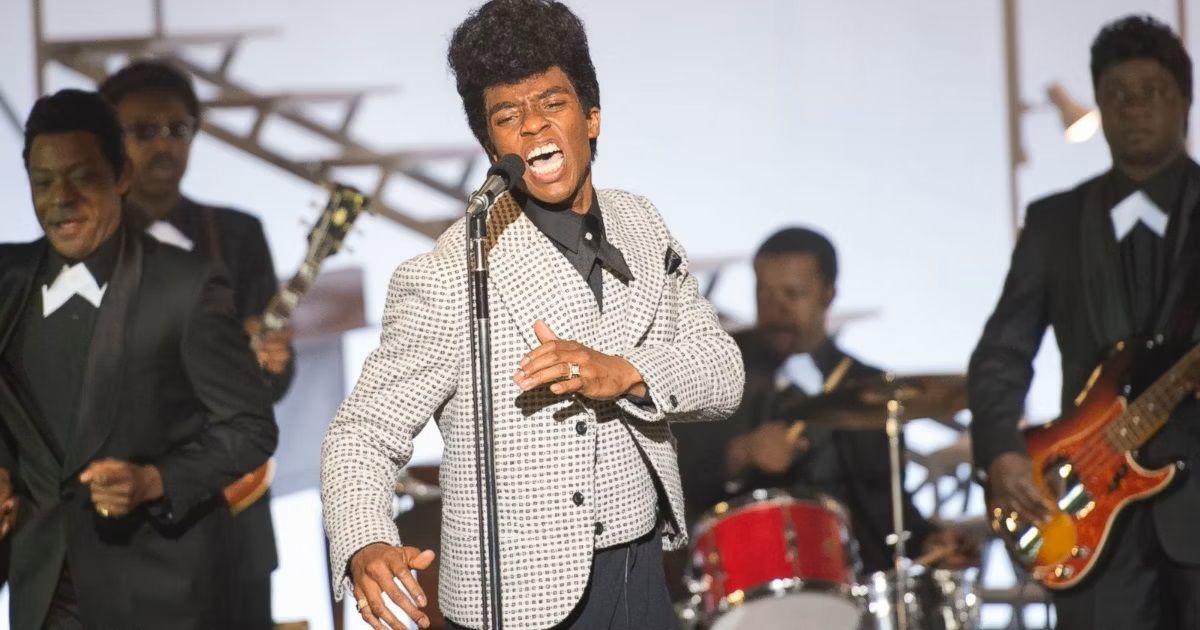
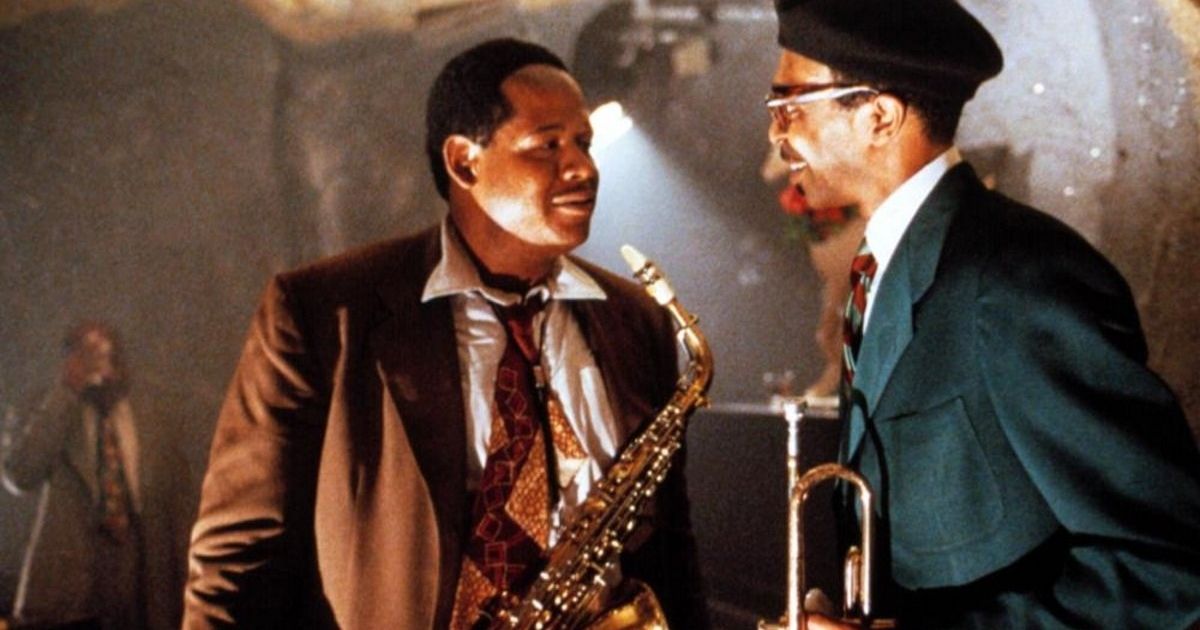
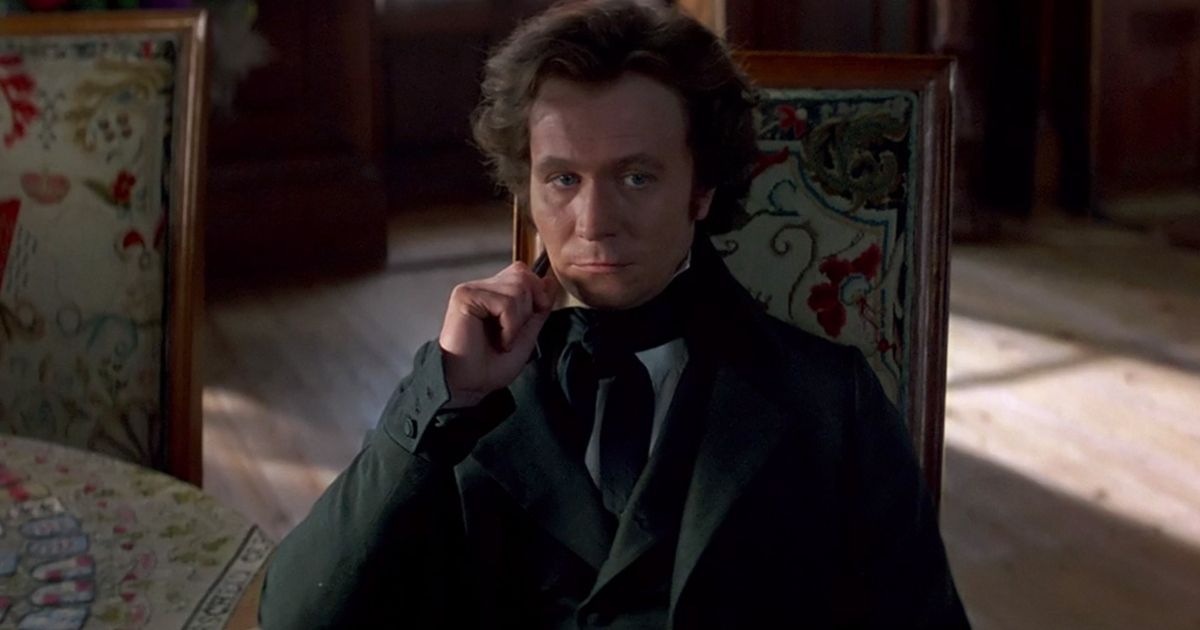
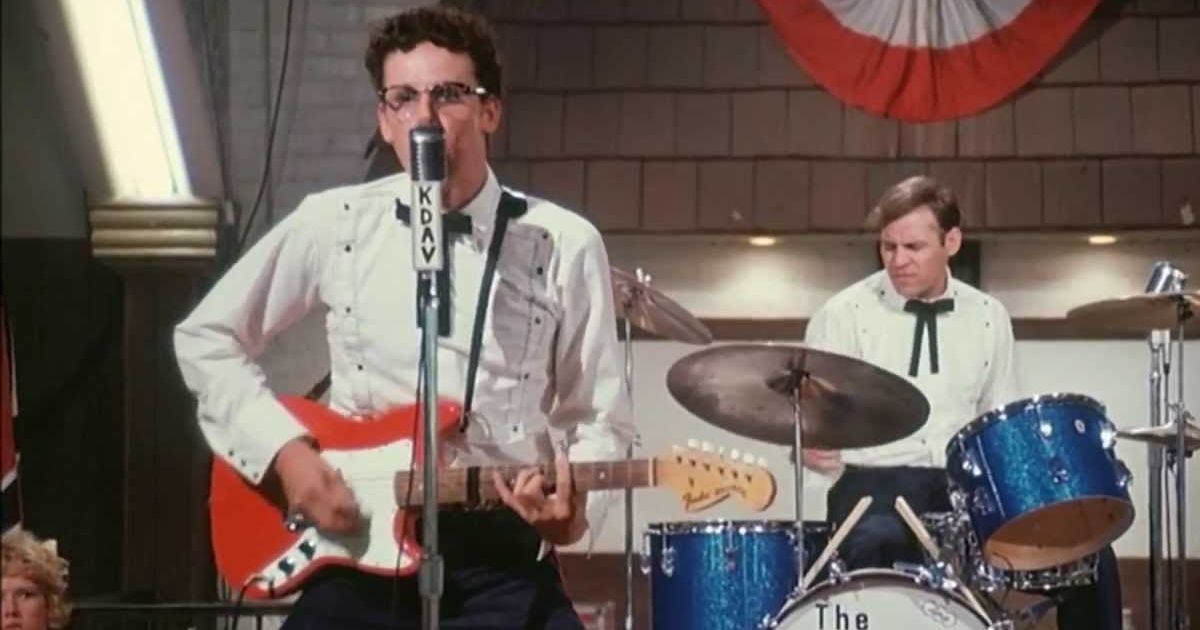
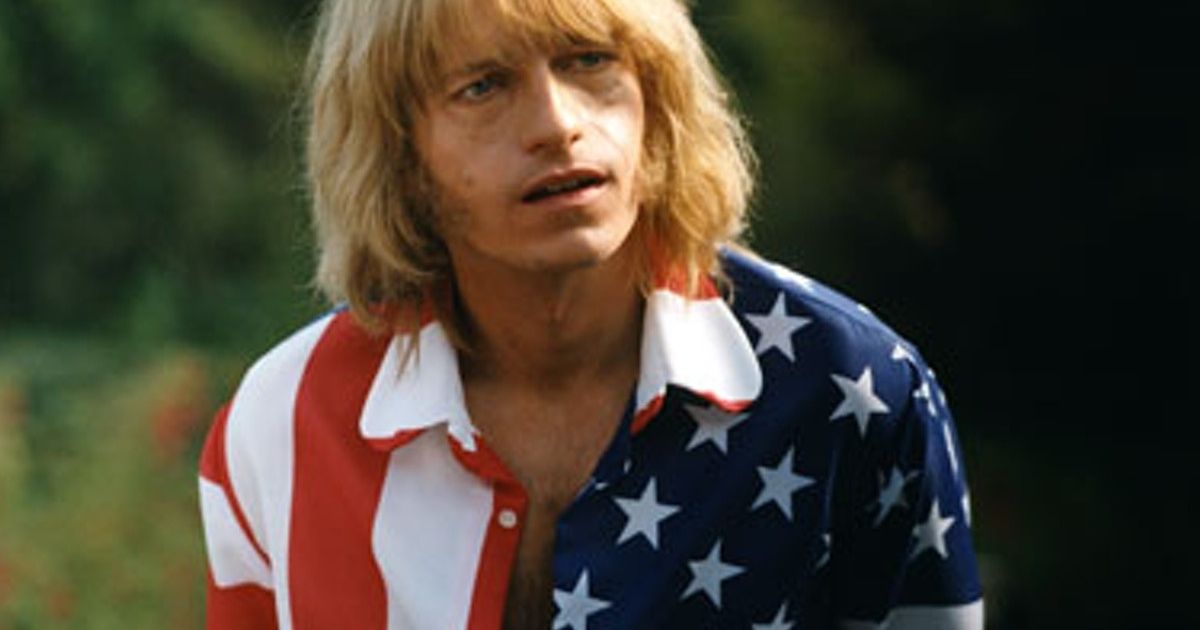
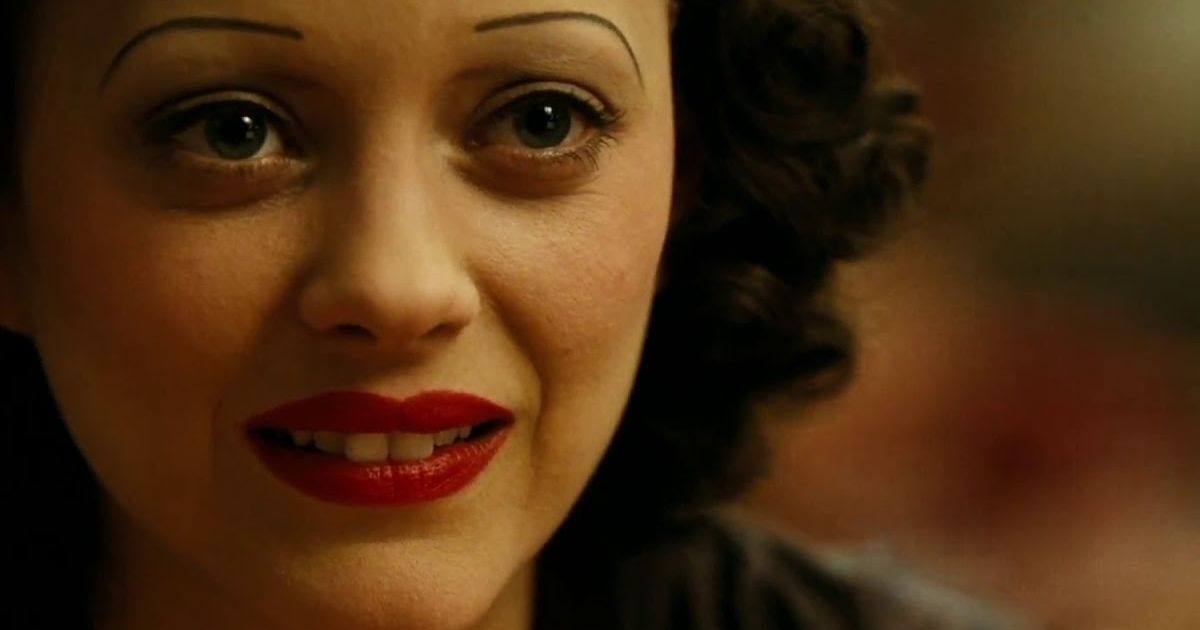
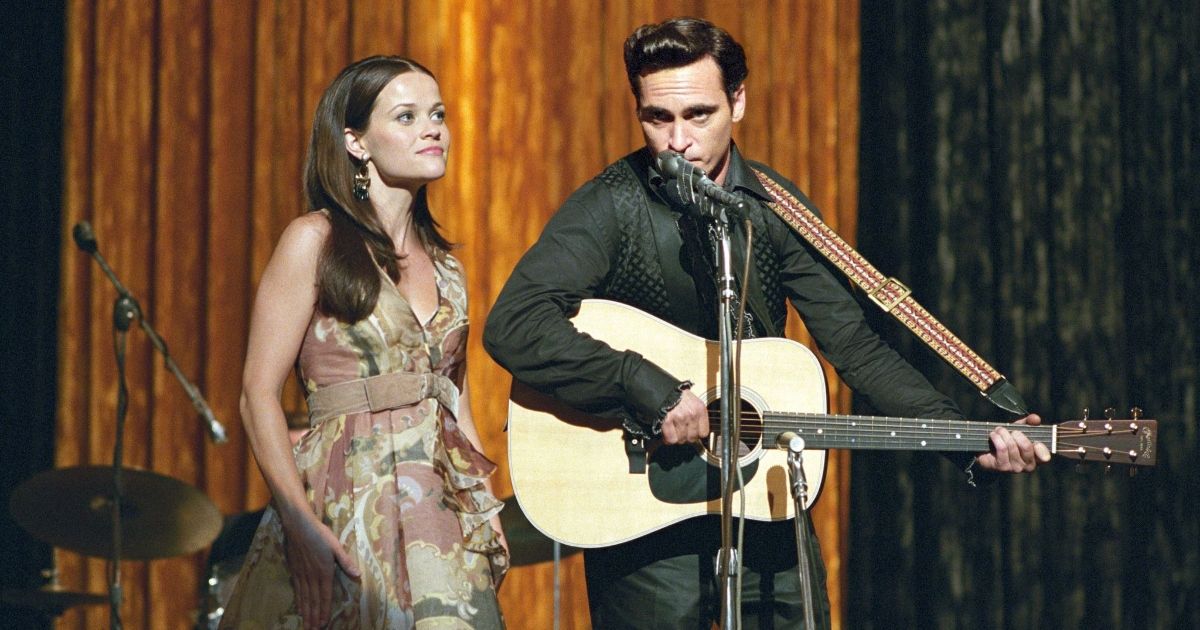
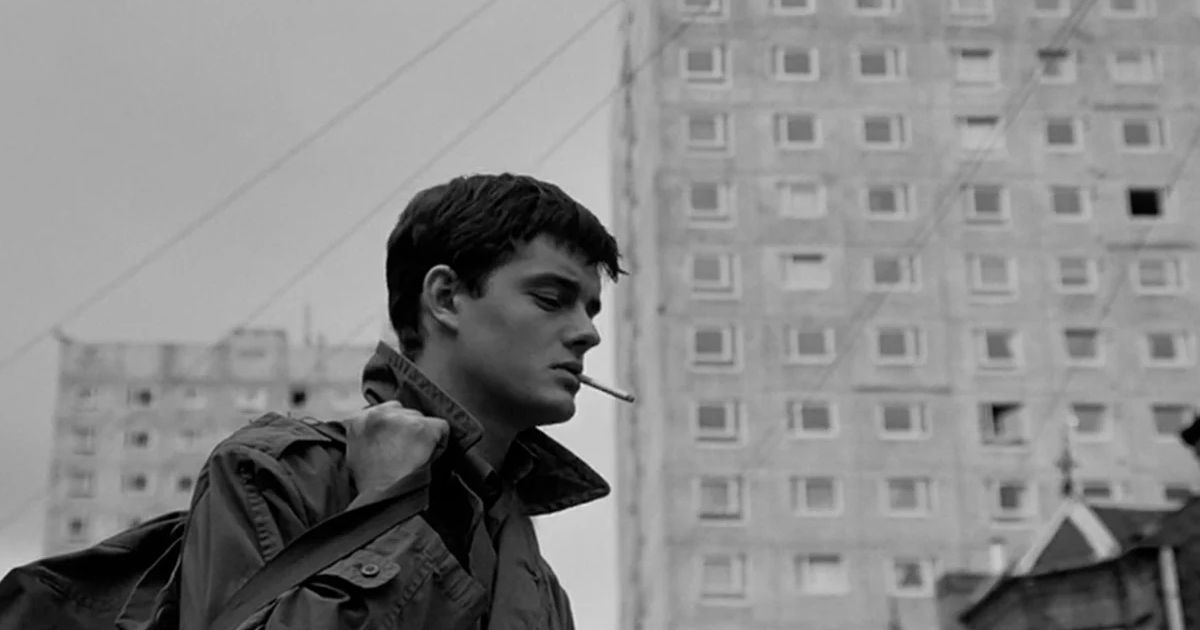
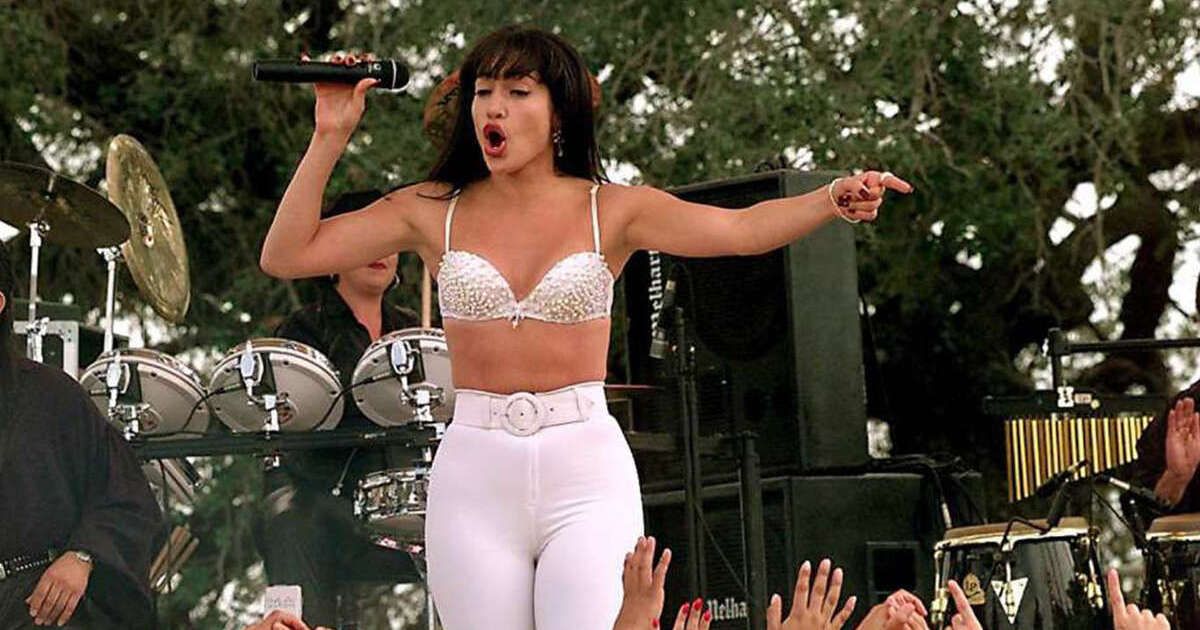
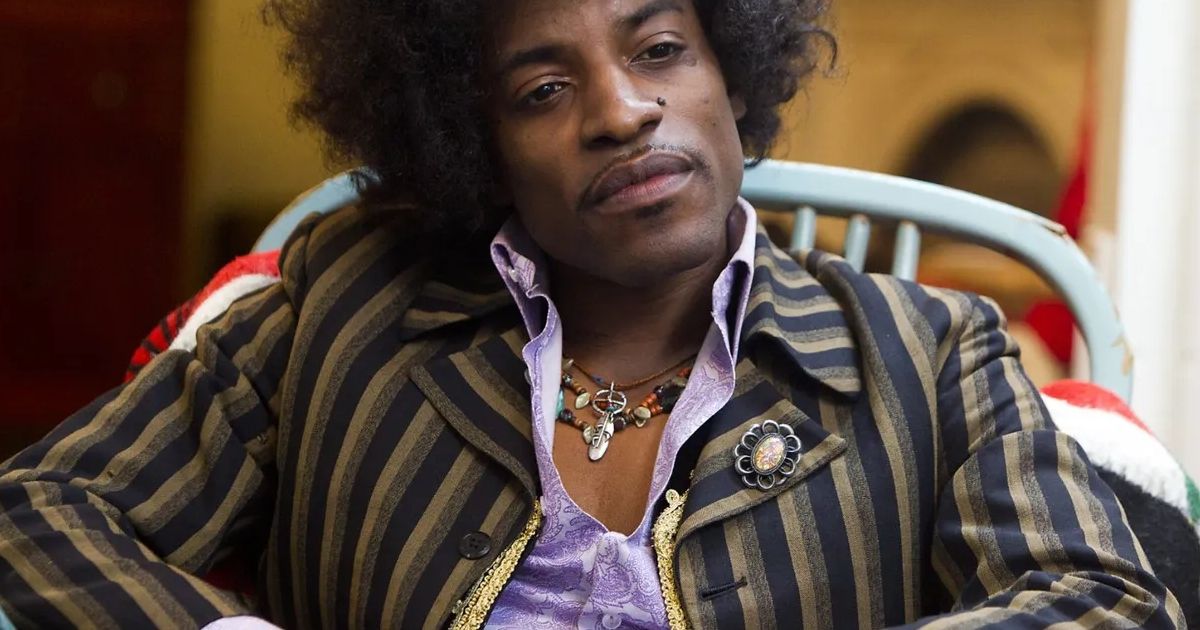
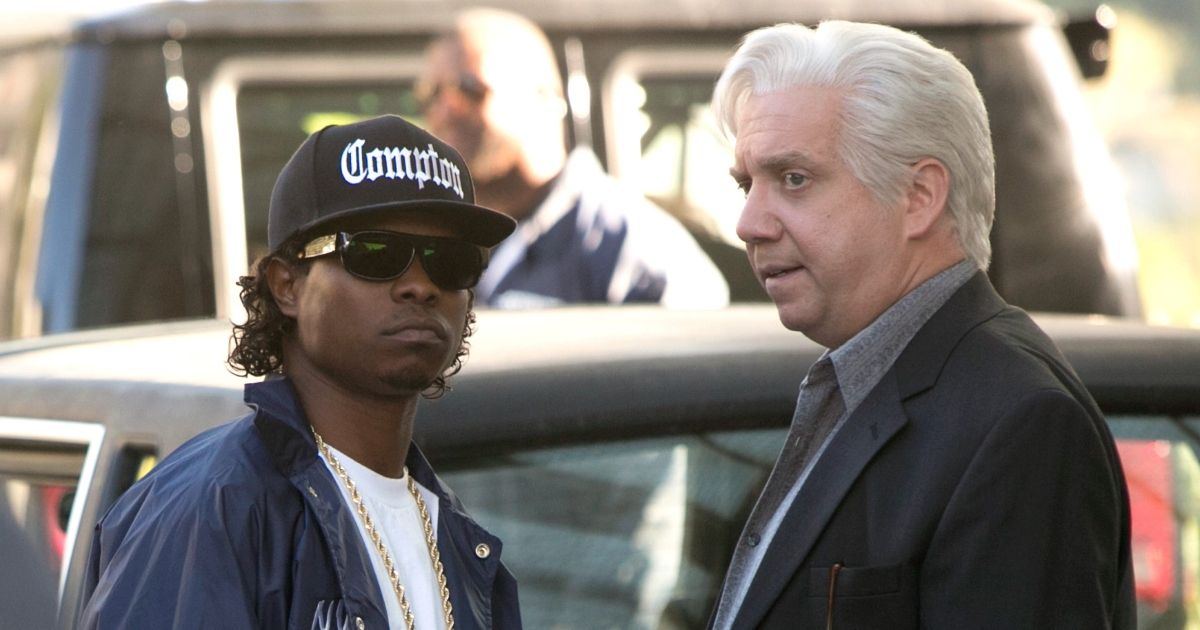
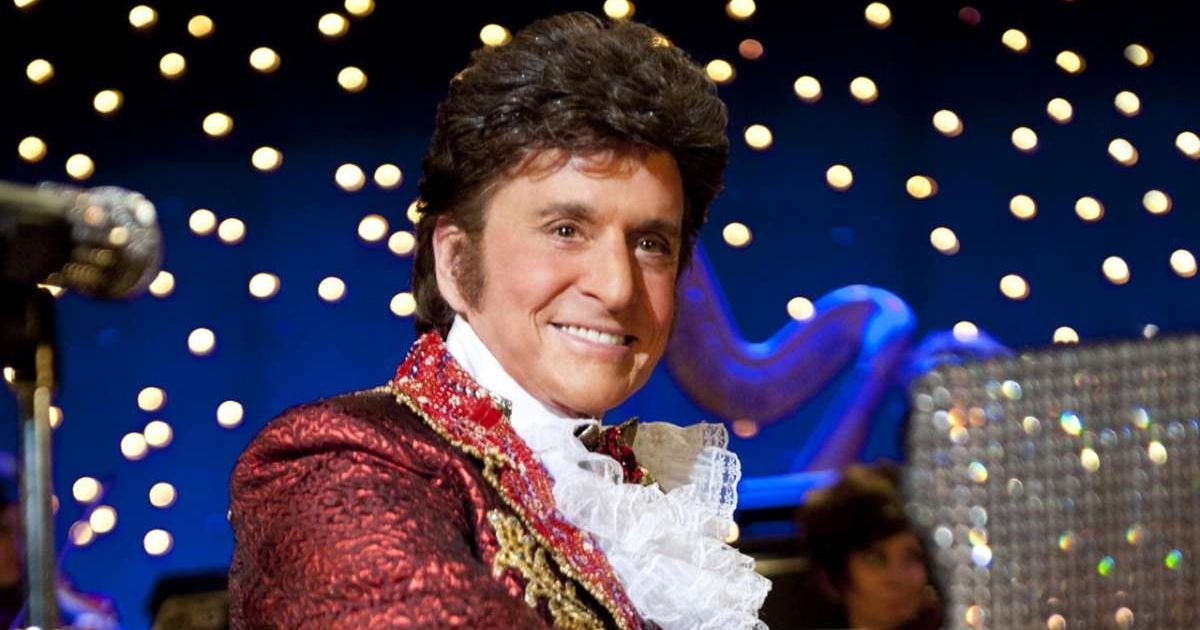
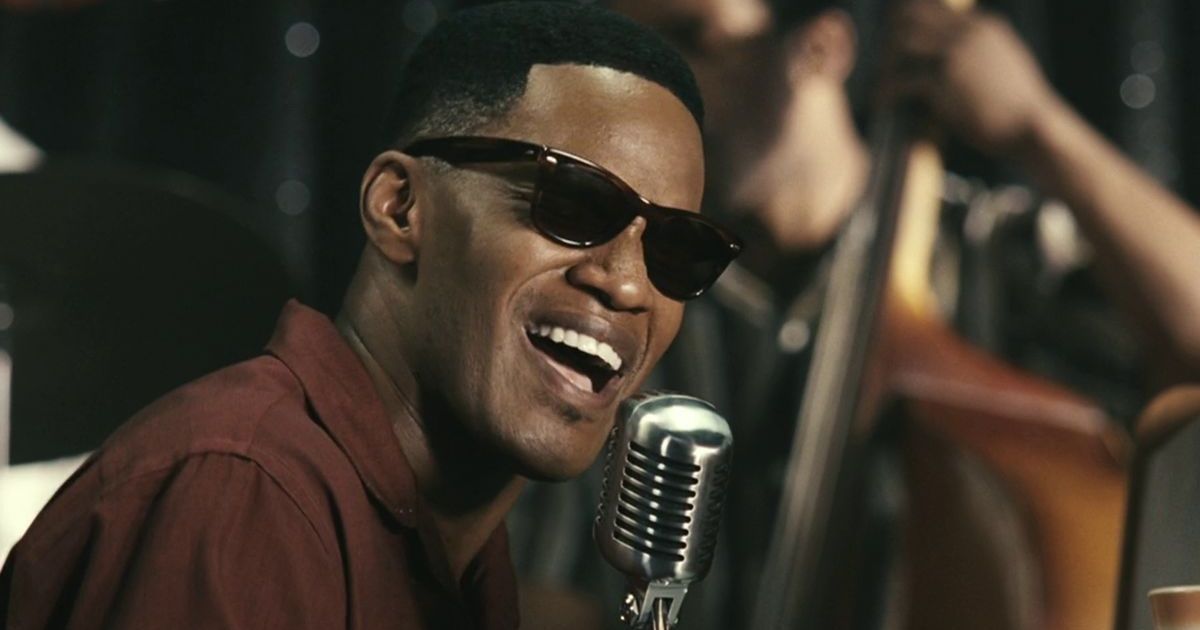
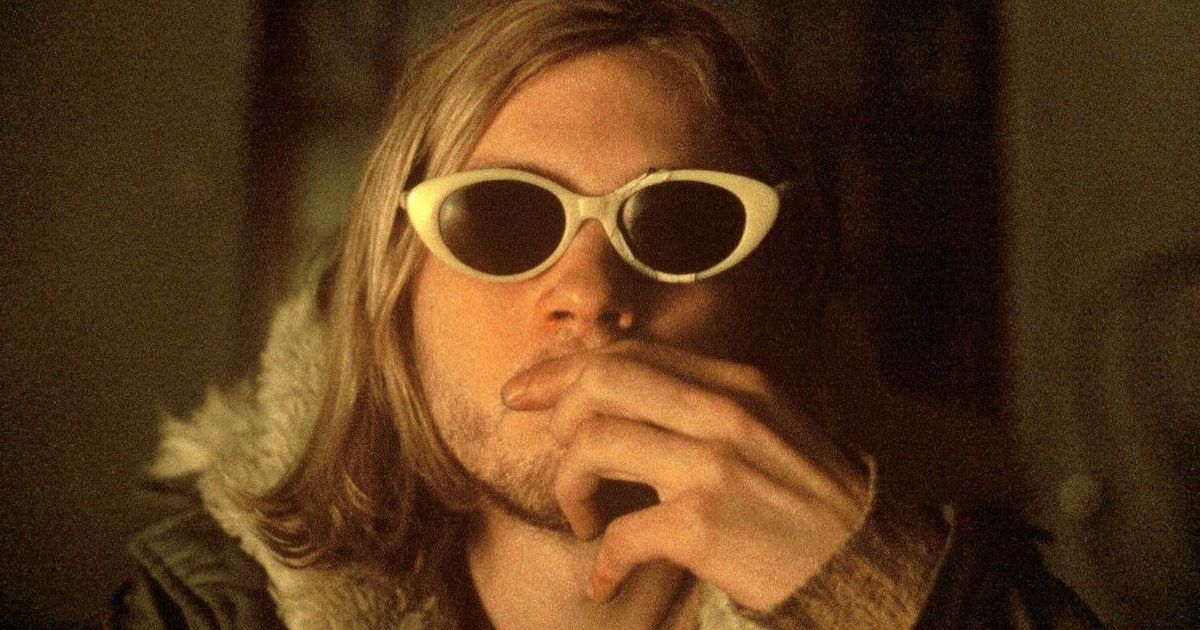
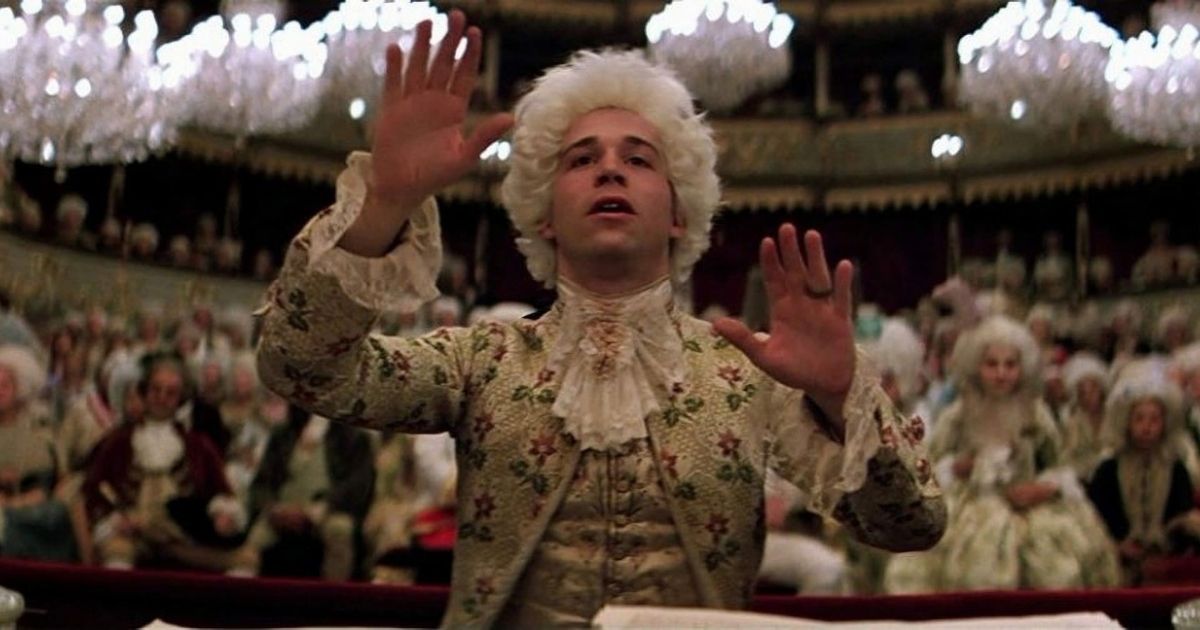
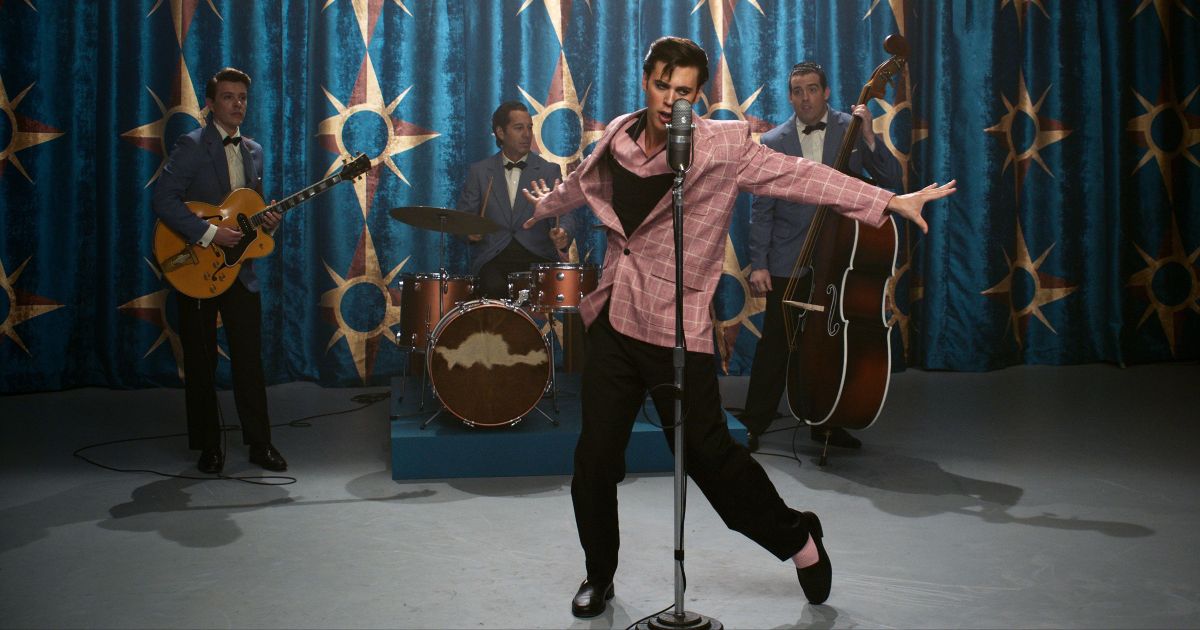
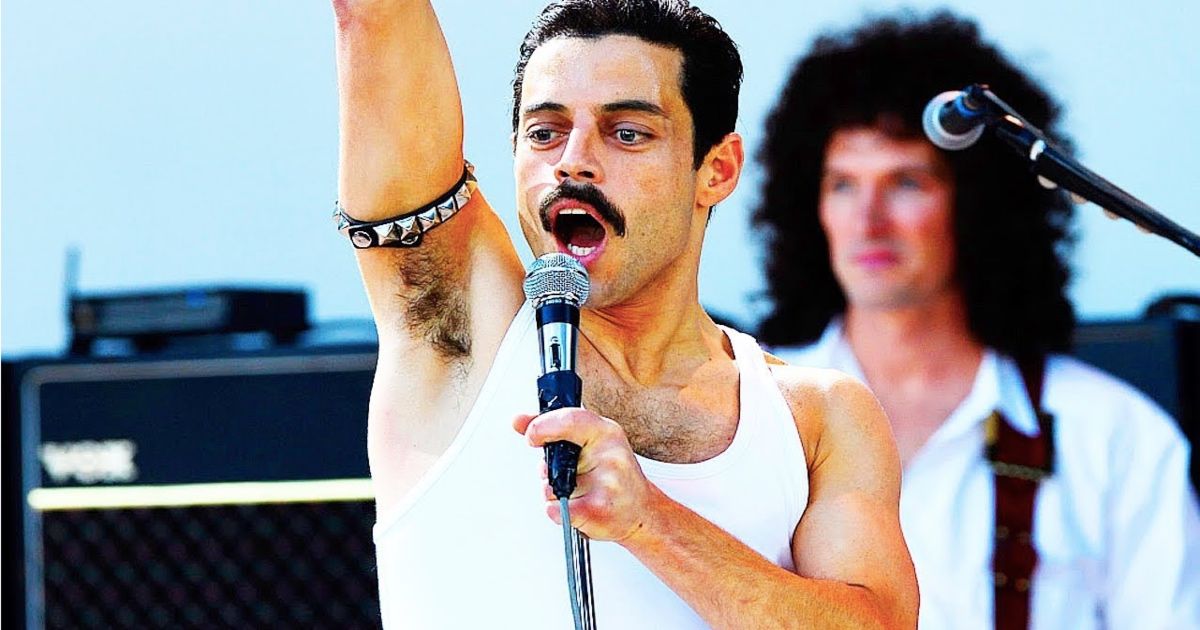
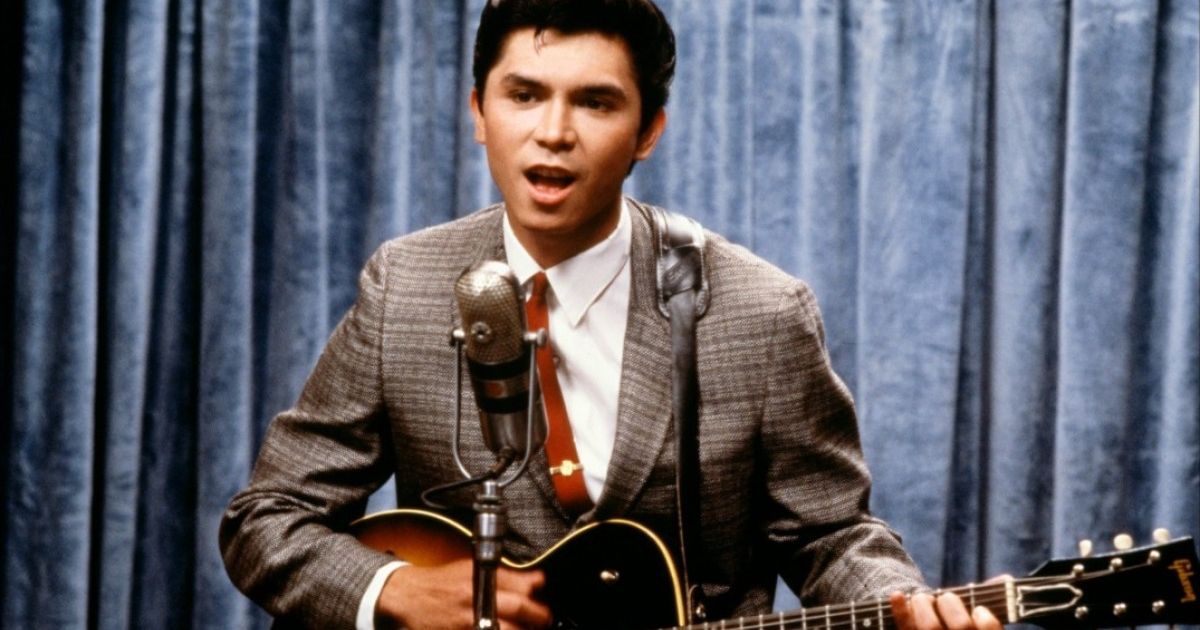
.jpeg)
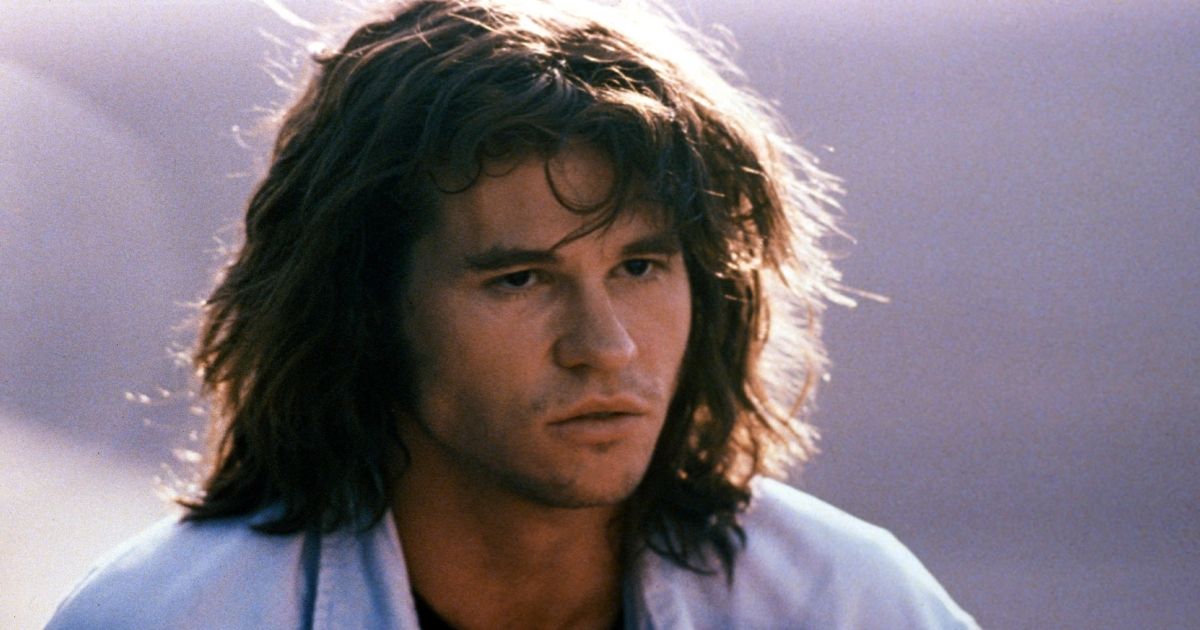




More Stories
Remembering Roots Musician Steve James 1950–2023
Mark Stewart, Pop Group frontman and revered countercultural musician, dies aged 62 | Music
Musician Hunter Hayes on the cost of fame and anxiety: ‘I’m my hardest critic’